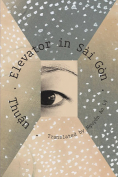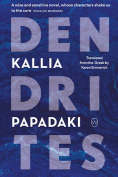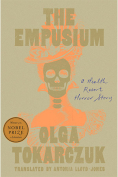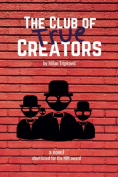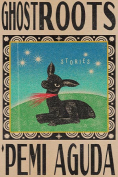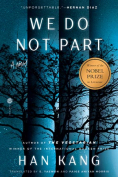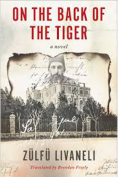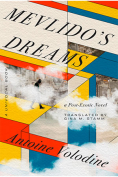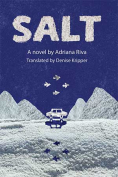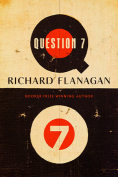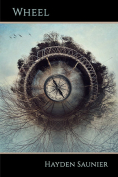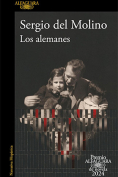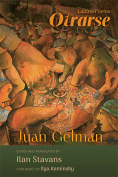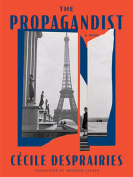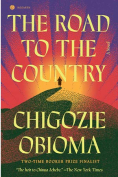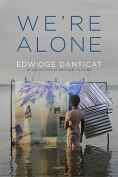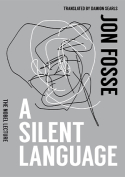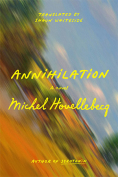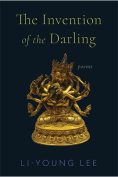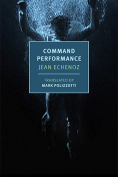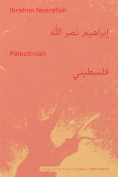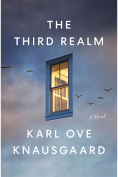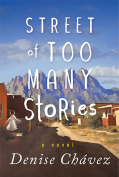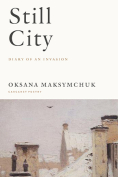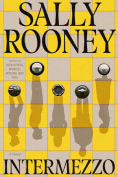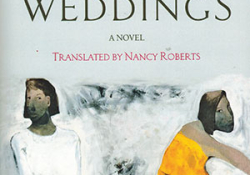Palestinian by Ibrahim Nasrallah
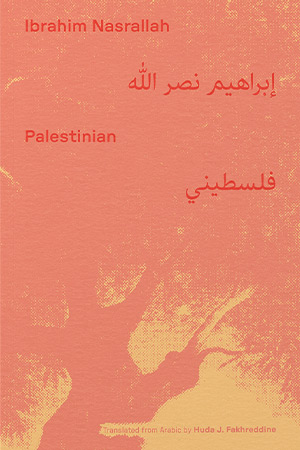 New York. World Poetry Books. 2024. 40 pages.
New York. World Poetry Books. 2024. 40 pages.
Ibrahim Nasrallah’s recent chapbook collection of poems, translated from Arabic, explores erasure as both a poetic technique and lived experience. By intertwining his personal and collective Palestinian identity with the collection’s structure and purpose, these poems merge private trauma with public discourse, using erasure as a metaphor for cultural and historical loss.
Each poem’s subject finds its own form in short lines. The long lines foreground a form of questioning. The emotion creates the poem. Nasrallah imbues it with a form of erasure in a language of heightened being on the precipice of existence. Erasure poems index this intertextual dimension, central to the critical potential they possess. In the poet’s own words: “My insistence to live life as one should. In each moment of my life, I was, in one way or another, fighting some sort of death whether it was a personal death or the death of my people. Erasure impacted the Palestinian names: names of lands, villages, cities, archaeological sites, etc., and these places were given new names! Erasure is responsible for denying the Palestinian the right to the house in which he/she was born, and in which this Palestinian’s grandfather, father, and his/her entire family were born and lived for generations!”
Poetry, often a private art, becomes more poignant when engaged with public impulses, and Nasrallah is acutely aware of this intersection. This awareness allows readers to grasp the broader context in which we all exist. From the collection’s eponymous poem: “I charged I withdrew / I fought the wind when it blew / And I reconciled with the waves when I rose and raged.” Here, Nasrallah acknowledges the limits of language while still pushing its boundaries. His use of erasure connects with Derrida’s concept of going “beyond” metaphysics, while also aligning with the methods of constraint-based conceptual poetry.
As readers, we recognize Nasrallah’s writing as emerging from a place of constant erasure, and yet he remains. This concept aligns with poststructuralist ideas of polysemy, creating new meanings from existing texts. His “vertical imagination” reaches toward the importance of writing in public life. In “One Hundred Questions and More: A Child in Gaza Asks You”: “Am I freer here under siege than they are over there? Is my dream sweeter than any dream?” The paradox of dreams amid unbearable conditions reflects Nasrallah’s belief in the power of faith, echoing Wallace Stevens: “God and the imagination are one.”
“When my roof was suddenly blown off into the sky and with it a wall, a window, and my youngest, I gathered myself in the G and the A and the Z and the A. I became GAZA.” In the face of destruction, Nasrallah shows how personal loss intertwines the “I” to become a performing pronoun. “Gaza” then becomes presented in a matrix of impressions into a collective voice, layering impressions through synesthesia and syncopation, with silence working as the collection’s refrain. This poem in particular invites readers to interact with these layers of loss and discovery alike. We read in recognition of what is missing, and the poems prompt us to reconsider our own responsibilities: “Every time they try to erase us, we become clearer.”
Nasrallah’s verses, imbued with spiritual and political intensity, offer a way to engage with the horrors of war and our complacent global culture. The spiritual quality of these verses offers a way for us to observe and participate in the ambition of a poet’s interiority of experience: the horrors of war and our complacent culture that conceives of itself as global with fitting concerns. And yet. And yet his insistence on Palestinian visibility is a profound reminder that, despite attempts at erasure, the Palestinian identity endures. (Editorial note: Read Shereen Malherbe’s interview with Nasrallah from the July 2023 issue of WLT.)
Nicholas Skaldetvind
Stockholm University
